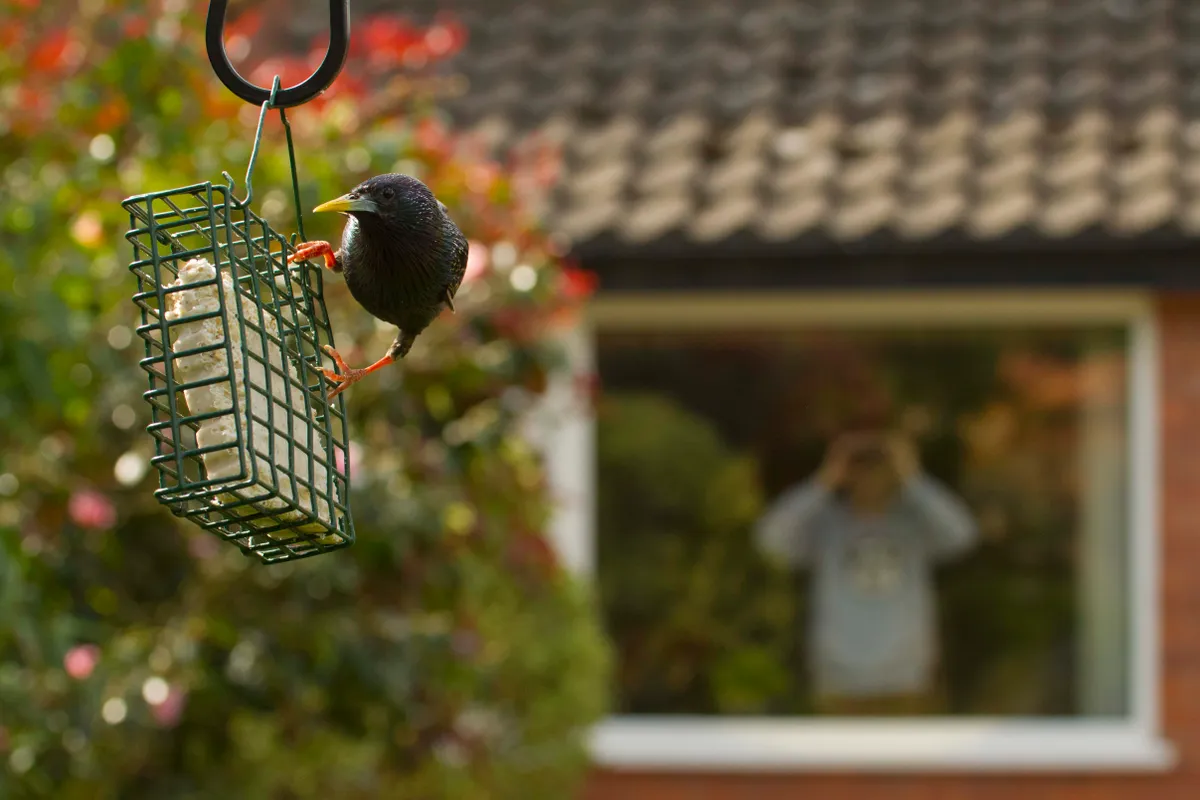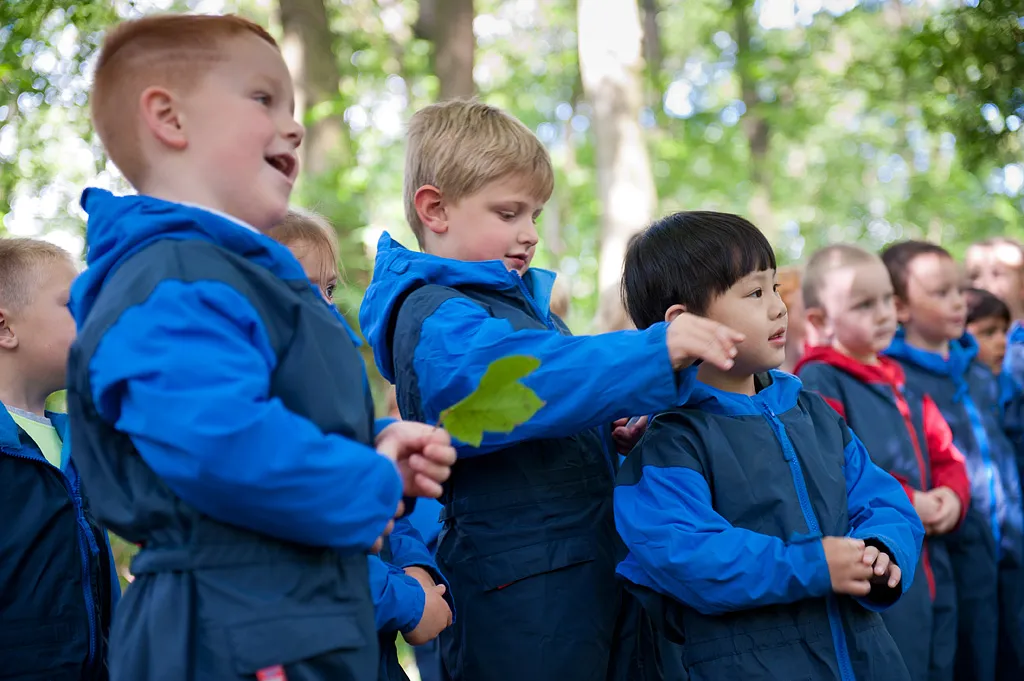Commissioned by The Wildlife Trusts, the survey of more than 2,400 people found that 89% of those interviewed feel that nature is valuable to them and 92% think it is important to help nature. However, despite feeling a strong affiliation with nature, 80% of the participants don’t think that they spend enough time in green areas.
The poll also shows that people living in urban areas feel increasingly disconnected with nature: just 21% stated that the last ‘wow’ moment they had with nature was in their local city area, and only 9% have enjoyed a wild place as part of their working day in the last week.
78% of those surveyed said that they would like to see more nature in their cities.

“The poll clearly shows that nature means a lot to people living in cities. People love nature so much that a very high proportion say they are doing something to help care for it. The fact that so many adults want to see more nature in their cities is a wake-up call to us all,” says Lucy McRobert of The Wildlife Trusts.
The poll results were released in conjunction with the launch of The Wildlife Trusts’ 30 Days Wild challenge. The project, running throughout June, aims to encourage more daily connections with nature, and currently includes 3,000 schools, 1,000 business and more than 40,000 individuals.

“Those ‘wow’ wildlife moments are all around us and taking part in 30 Days Wild is the perfect way to help you find them,” says McRobert.
"It's so important that interest in nature begins from an early age. Projects like 30 Days Wild are crucial in doing so and I wish it every success," adds explorer, writer and photographer Levison Wood.
“The impact of 30 Days Wild adds to the compelling argument for bringing nature into our everyday lives,” says the Director of Psychology at the university of Derby Dr Miles Richardson, who studied impacts of the project.
“Two months after taking part in 30 Days Wild, there was a 30 per cent increase in the number of people who reported their health as excellent. Last year’s results also show people’s happiness continued to improve after 30 Days Wild ended, which illustrates its sustained impact.”

